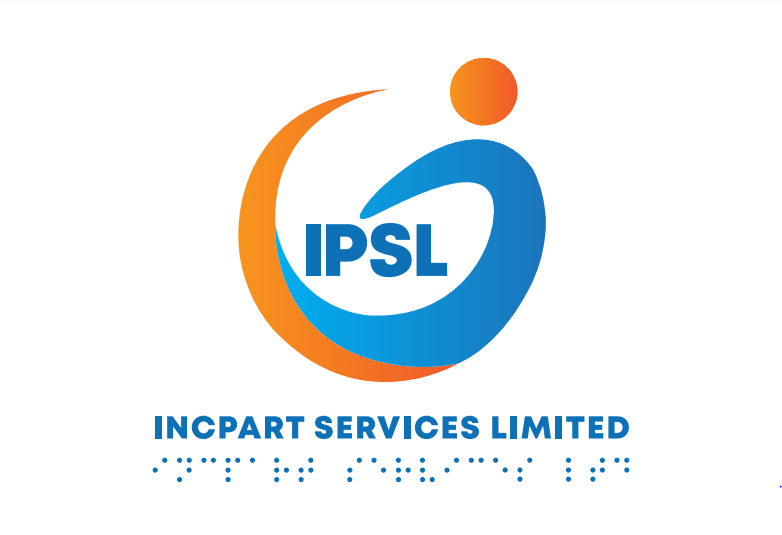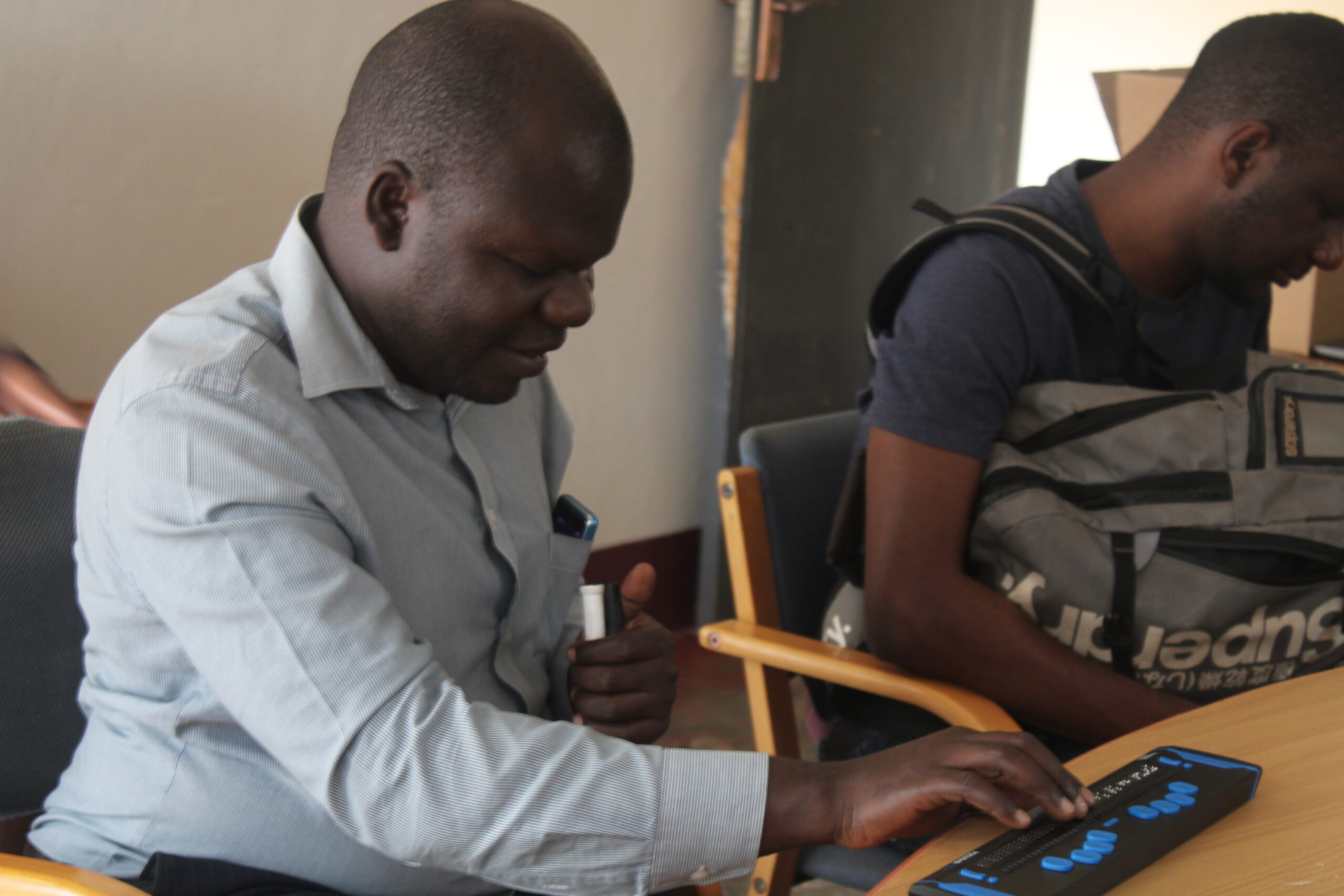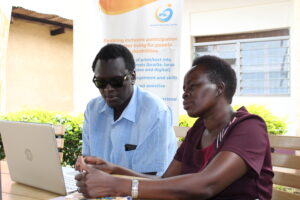Ensuring equal employment opportunities for persons with disabilities is a collective responsibility that requires the participation and commitment of everyone in society. Employers play a crucial role in creating inclusive workplaces that provide fair and accessible employment opportunities. They should actively promote diversity and inclusion, implement non-discriminatory hiring practices, and make reasonable accommodations to enable persons with disabilities to fully participate in the workforce. Additionally, governments have a role to play by implementing legislative measures and policies that protect the rights of persons with disabilities and support their inclusion in the labor market. Lastly, society as a whole must foster empathy, awareness, and understanding of disability issues to promote a more inclusive and accepting environment.
Employers hold significant influence over the employment experiences of persons with disabilities and can play a pivotal role in breaking down barriers to their participation in the workforce. They should prioritize creating inclusive work environments that support diversity and actively recruit individuals with disabilities. By implementing non-discriminatory hiring practices and ensuring reasonable accommodations are provided, employers can remove the physical and attitudinal barriers that often prevent persons with disabilities from accessing meaningful employment. Moreover, fostering an inclusive work culture that values diversity can lead to a more productive, innovative, and successful organization.
Governments also have a crucial role in ensuring equal employment opportunities for persons with disabilities. They can enact legislation and policies that protect the rights of individuals with disabilities and require employers to meet certain standards for accessibility and accommodation. Governments should also provide incentives and financial support to encourage employers to hire persons with disabilities. By implementing these measures, governments can create an environment that supports the integration and full participation of persons with disabilities in the workplace.
Finally, a truly inclusive society must embrace empathy, awareness, and understanding in order to promote the employment of persons with disabilities. Society needs to challenge and change negative stereotypes and attitudes towards disability, which often hinder employment prospects. Awareness campaigns, educational programs, and initiatives aimed at fostering inclusive attitudes and behaviors can help society realize the potential and contributions of persons with disabilities. Acceptance and understanding of disability is the foundation for creating a more inclusive society where persons with disabilities can thrive and contribute their skills and talents.
In conclusion, ensuring equal employment opportunities for persons with disabilities requires the collective effort of employers, governments, and society as a whole. Employers must create inclusive workplaces that eliminate barriers and provide accommodations. Governments should implement legislation and policies that protect the rights of individuals with disabilities and offer support and incentives to employers. Society needs to foster understanding and acceptance to challenge stereotypes and promote inclusivity. By working together, we can create a more inclusive and equitable labor market that benefits everyone.



